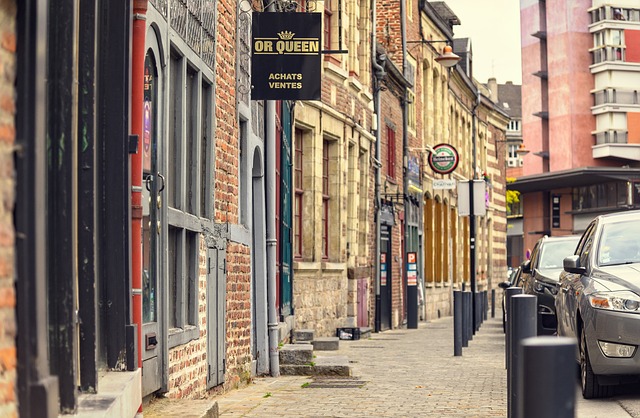The Role of Hospitality in Promoting Local Culture and Economy
Introduction
The hospitality industry is a critical driver of cultural and economic development worldwide. By providing accommodations, dining experiences, and curated activities, this sector helps preserve and showcase local heritage while fostering economic growth through job creation and tourism revenue. Modern travelers increasingly value authentic cultural experiences, and hospitality businesses play a pivotal role in bridging the gap between travelers and communities. This blog explores the symbiotic relationship between hospitality, culture, and local economies, highlighting how this dynamic benefits both travelers and host communities.
1. Hospitality as a Gateway to Local Culture
Hospitality establishments serve as the first point of contact for tourists seeking cultural experiences. Through thoughtful design, culinary offerings, and activities, they immerse visitors in the local way of life.
- Showcasing Traditions: Many hotels and guest houses incorporate traditional architecture and decor to reflect the region’s heritage.
- Cultural Experiences: Activities like cooking classes, dance performances, or local art exhibits educate travelers about native customs.
- Local Cuisine: Restaurants in the hospitality sector highlight indigenous ingredients and recipes, giving guests a taste of authentic flavors.
This cultural immersion deepens travelers’ appreciation for the destination, promoting cultural understanding and exchange.
2. Boosting Local Economies Through Tourism
The hospitality industry significantly contributes to local economies by attracting tourists, creating jobs, and supporting small businesses.
- Job Creation: Hotels, guest houses, and restaurants employ local residents, offering opportunities across skill levels.
- Support for Local Suppliers: From fresh produce to handmade crafts, hospitality businesses procure goods from local vendors, fueling the economy.
- Tourism Revenue: The influx of travelers generates income for communities, funding infrastructure and public services.
The ripple effect of a thriving hospitality industry benefits both urban and rural areas, ensuring equitable economic growth.
3. Preservation of Cultural Heritage
Hospitality businesses are instrumental in preserving and promoting cultural heritage. By celebrating local traditions and crafts, they encourage communities to maintain their unique identities.
- Reviving Art Forms: Hotels and guest houses often feature traditional music, dance, and art, giving them renewed relevance.
- Cultural Education: Staff training programs teach employees about their heritage, equipping them to share it with visitors.
- Conservation Efforts: Many establishments invest in preserving historical landmarks or natural habitats to enhance their appeal.
This preservation ensures that future generations can experience and learn from these rich cultural legacies.
4. Sustainable Practices in Hospitality
Sustainability is integral to the modern hospitality industry, aligning with the broader goals of promoting local culture and economy.
- Eco-Tourism: Hospitality businesses increasingly focus on low-impact tourism that respects the environment and supports local communities.
- Community Engagement: Partnerships with local artisans, farmers, and tour guides create opportunities while reducing reliance on external resources.
- Cultural Sensitivity: Training programs help staff respect and celebrate the diverse traditions of guests and locals alike.
Sustainability ensures the long-term viability of cultural and economic benefits, protecting destinations from over-tourism and degradation.
5. Challenges and Opportunities
While the hospitality industry has the potential to uplift communities, it also faces challenges:
- Over-Commercialization: Excessive focus on profits can dilute cultural authenticity.
- Resource Strain: Increased tourism can stress local infrastructure and natural resources.
- Balancing Traditions and Modernity: Finding harmony between cultural preservation and modern traveler expectations requires thoughtful planning.
By addressing these challenges, the hospitality sector can unlock new opportunities for cultural and economic enrichment.
6. The Future of Hospitality in Promoting Culture and Economy
As travelers increasingly seek meaningful connections, the hospitality industry will continue to evolve. Future trends include:
- Technology Integration: Virtual reality tours of cultural landmarks and AI-driven personalization of experiences.
- Cultural Collaborations: Partnerships with local communities to co-create experiences, ensuring authenticity.
- Focus on Inclusivity: Celebrating diversity in both staffing and guest experiences to appeal to global audiences.
The continued innovation in hospitality will strengthen its role as a cultural ambassador and economic driver.
Conclusion
The hospitality industry is more than a service provider; it is a powerful platform for celebrating culture and boosting local economies. By offering authentic experiences, preserving traditions, and fostering sustainable practices, the industry can create lasting benefits for both travelers and communities.

